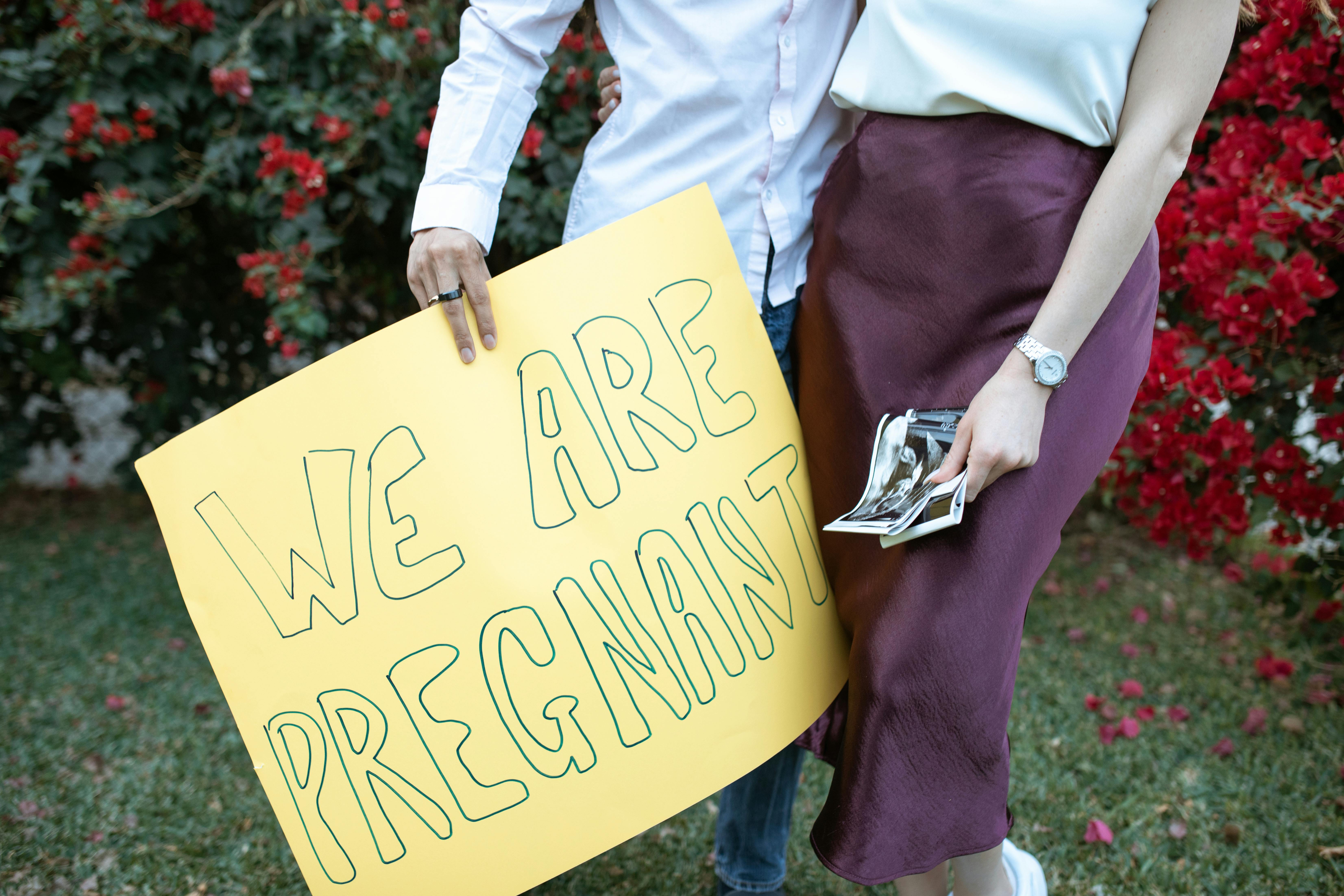“I pray to God and the burdens on my heart are lifted.” I am visiting some workers from the Philippines who have gathered together with thousands of their compatriots in Hong Kong’s Statue Square. There are groups enjoying each other’s company everywhere you look. Some eat, visit, play cards, comb their hair, and exchange romance novels. Others are praying, reading their Bibles and singing hymns. There are an estimated 120,000 female workers from the Philippines living in Hong Kong. Most are employed as servants for wealthy families in the city. These ‘helpers’ (the common term for domestic workers in Hong Kong) are expected to work twenty-four hours a day, six days a week, but government regulations dictate that they must have twelve consecutive hours of free time every Sunday. Since the women cannot afford to go to the movies or eat in restaurants on their day off, they gather in Hong Kong’s train stations and parks or outside public buildings.
One Sunday morning I went down to the heart of Hong Kong’s commercial district to spend some time talking to Filipino women in a central square. One group agreed to let me take their picture and when I told them I was writing a story for a magazine, they were happy to answer a few questions.
The ten women I spoke to all come from the same rural area of the Philippines. They work in homes in different sections of Hong Kong, but on Sundays they meet at St. Joseph’s Cathedral located in the Central district. After Mass, which St. Joseph’s celebrates in Tagalong, the language of the Philippines, they gather on the porch of the nearby Hong Kong Law Courts building. They spread newspapers on their cement floor to sit on and then spend the afternoon eating and visiting. They tell me that they are devout Catholics and that their faith in God is what helps them survive the separation of their families in the Philippines and the sometimes cruel and indifferent treatment by their employers. “I pray to God and the burdens are removed from my heart,” a woman tells me passionately, as she raises her hands and eyes heavenward.
As we visit, I discover that some of the women in the group have been here for as little as four months, while others have lived in Hong Kong for twelve years. Most have young children at home and are college educated. They are nurses, teachers, physiotherapists, pharmacists, computer scientists and businesswomen. They speak several languages. However, they can earn three times as much money in Hong Kong as they can in the Philippines. They tell me they need money to pay for their children’s education. “To give our children hope for the future,” says one woman. They all send a substantial part of their salary to their families.
There are many different church groups and organizations in Hong Kong that seek to serve Filipino women working in the city. I spoke with Sue Farley, who is on the board of directors of an outreach program run by American Baptist World Evangelism. They open the premises of a local Bible Institute on Sundays so that Filipino women can gather there and participate in Sunday School classes and a worship service. They have a full-time director, a woman from the Philippines, who develops relationships with the women who attend and acts as an advocate for them when necessary.
Not all employers treat their Filipino maids the way they should. “They really have incredible power over women,” says Farley. She tells me that unscrupulous middlemen in the Philippines sometimes take advantage of domestic workers, charging exorbitant prices for work visas and transportation to Hong Kong. As a result, they arrive in the city already owing a large amount of money. If they end up with an unkind employer, they are hesitant to report it to the authorities. They need to keep their job to pay off their travel loan and send money to their dependent families. “It’s not that hard for employers to break their contracts with Filipina women,” Farley informs me. “And they can’t stay here in Hong Kong unless they have a full-time job.” It’s easy to see why women often tolerate abuse by their employers rather than take legal action against them.
Farley tells me that some women are sexually harassed. A maid confided to me that she slides a chair under the doorknob of her room before going to bed, so her boss won’t come in. Others are not so lucky because they have to sleep on a mat on the kitchen floor. One of the Filipino women I spoke to said she sleeps on the floor between the children’s beds in the house where she works. That same maid told me that she is often hungry. “I can only eat what is left over after my employers have eaten.”
Ms Farley says her organization will help Filipino women file complaints against employers who violate government regulations that apply to migrant workers. “We go to court with them or help them file petitions with the Labor Board.”
Ms. Farley is particularly impressed with the Filipino women at her mission who choose to spend their precious Sundays off reaching out to their fellow countrymen. “They visit the parks and squares,” says Ms. Farley, “and invite others to our church services. They offer to pray with those who seem lonely and offer friendship and listening to those with concerns and problems.”
Another organization that provides assistance to Filipino women is Bethune House, named after Canadian Norman Bethune. He was a doctor from Canada who treated both Chinese soldiers and civilians during the war against the Japanese in the late 1930s. Bethune died in China in 1939. Staffed by volunteers from a variety of Christian denominations, Bethune House offers refuge and legal and pastoral advice to immigrant women who have been abused by their employers. It is one more way the Hong Kong Christian community seeks to reach out to their sisters in the Philippines who are ‘strangers in a strange land’.
“We want to go home,” the group of women I spoke to told me. “We want to be with our families. But until then, God is watching over us.”
I admire the dedication and determination of the Filipino women who work as domestic workers in Hong Kong. Their loyalty to God and their families is truly inspiring!




